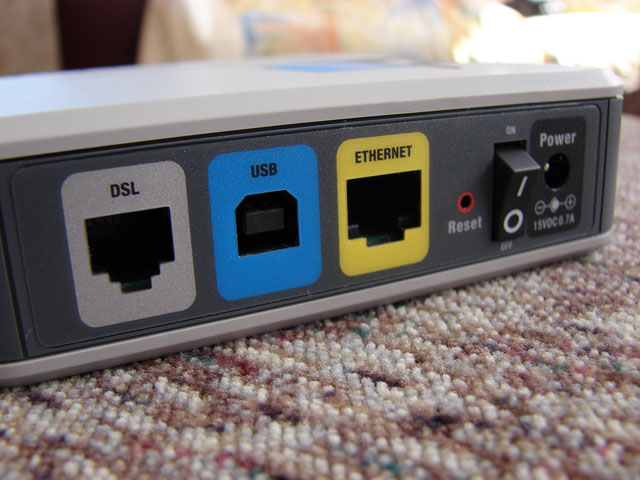
Incumbent broadband providers are pushing legislation that would restrict Georgia towns from building municipal broadband networks. Under the proposal, if a single home in a census tract has Internet access at speeds of 1.5Mbps or above, the town would be prohibited from offering broadband service to anyone in that tract.
State-level restrictions on municipal broadband networks are not a new idea. Last year the South Carolina legislature passed a similar proposal with the support of AT&T. North Carolina passed similar legislation in 2011. The idea has been shot down in Indiana and a number of other states.
Municipal broadband opponents tried and failed to ban towns from building broadband networks in Georgia last year. But their case wasn't helped when AT&T's CEO said in a conference call: "We’re looking at rural America and asking, what’s the broadband solution? We don’t have one right now."
The case for local control
The argument against municipal broadband networks is straightforward: in a free-market economy, private companies, not the government, should build broadband networks. That argument makes sense in areas with healthy broadband competition. There's no reason for the government to get involved if the private sector is already getting the job done.
But many towns, especially in rural areas, aren't in this happy position. Many have only one option—usually the local telephone company—for residential service. Speeds may be slow, and with no local competition the incumbent has little incentive to invest in upgrades.
A town in that position might logically decide that the only way to get a modern network is to finance it itself. In recent years, medium-sized towns such as Lafayette, LA and Chattanooga, TN have decided to do just that.
People disagree about how well those experiments are working out, with some observers lauding these projects and others criticizing them. But this seems like a case where the conservative principle of local control should carry the day. If taxpayers in a particular Georgia town want to spend their tax dollars on a fiber network, that should be a decision for their local elected representatives to make.
Banning muni fiber only in areas that already have some service is less draconian than banning municipal networks state-wide, but it could still leave residents of certain areas stranded without service. The threshold the bill sets as the minimum acceptable broadband speed, 1.5Mbps, is even lower than the 4Mbps level the FCC defines as the minimum broadband speed. And obviously, the fact that some people in a census tract have service doesn't mean that everyone does.
Moreover, limiting which parts of town a municipal fiber network can serve might make it impossible for that town to cost-effectively reach under-served sections with broadband service. It's often more cost-effective to deploy fiber to an entire town than to deploy fiber selectively to only certain parts of town. The neighborhoods being served by an incumbent are likely to be the wealthiest and densest parts of town. Banning towns from deploying fiber to those parts of town may make it impossible to cover the fixed costs of a municipal fiber project.
There continues to be real uncertainty about the best model of broadband deployment. Google and Gig U are pioneering (mostly) privately financed approaches. Lafayette, Chattanooga, and other cities are experimenting with publicly financed networks. We could use more examples of both models to help understand which approach works better in the long run. If municipal networks turn out to be a disaster, as critics predict they will, then other towns will learn from the early adopters' mistakes and steer clear of them. But we won't learn anything if state legislatures shut down the experiments before they start.
reader comments
187